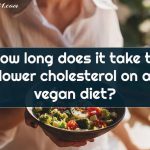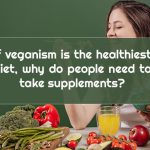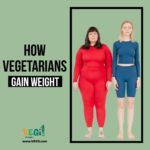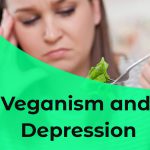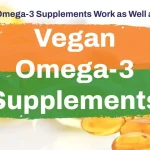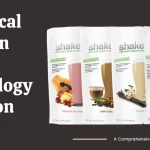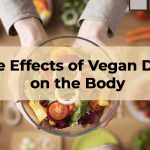Effect of Vegan Diet on Blood Pressure
Unlocking the Power of Veganism: Lower Blood Pressure and a Healthier Heart
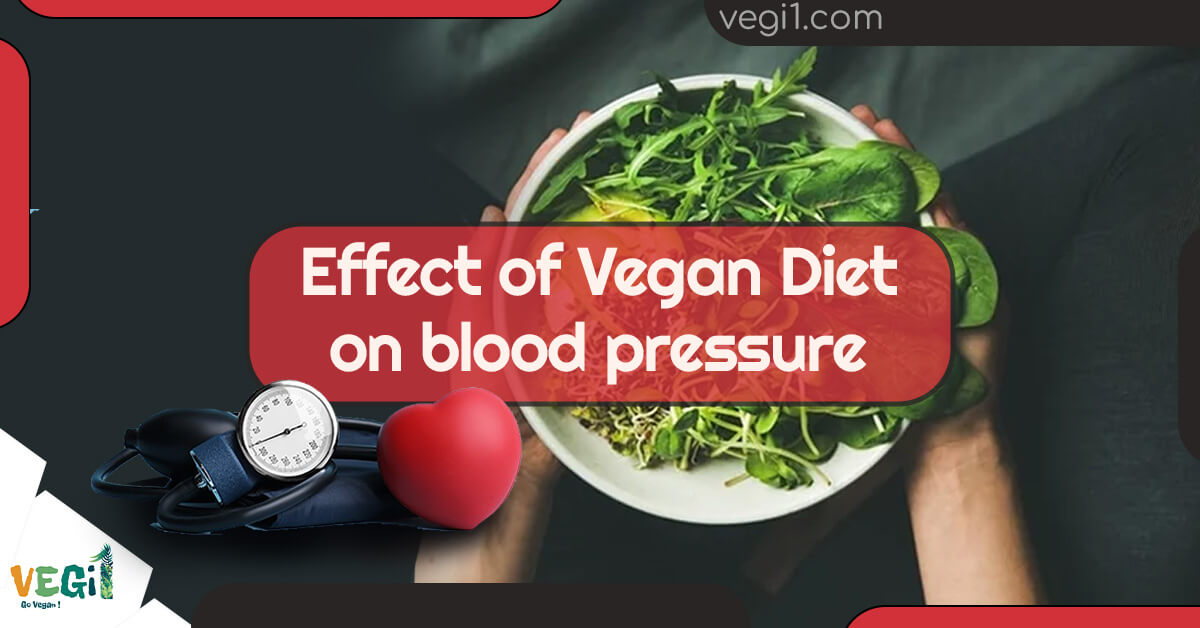
Welcome to Vegi1, here, we are going to talk about common questions and confusions about veganism, and today I am going to talk about the effect of veganism on blood pressure;let’s get started.
My first encounter with veganism was through the world of literature. I found out that many of my favorite writers and philosophers followed this diet. It made me curious. Among these people, the main reason for becoming a vegan was moral and ideological reasons. Still, veganism, along with all Moral and environmental concerns and animal rights, also affects our physical health. It has been said that a vegan diet reduces blood pressure, balances blood fat and cholesterol, and reduces the risk of stroke and heart problems. Like me, you have the question, how true are these claims?
Let’s check together now; through research and personal experience, I will say important things on this topic and provide you with a better understanding of the effects of a vegan diet on blood pressure.
But Before we dive into the main topic. Let’s talk about the concept of blood pressure.
In this article you will read:
Definition of blood pressure and high blood pressure disease
Blood pressure is a thing that we have heard a lot, but probably many of us do not have a proper definition, so let me start with the basic concepts of this topic.
With each beat of the heart, your heart forces blood into the main arteries; this blood exerts pressure on the walls of the vessels, which is called systolic pressure, and the vessels, due to their flexible and elastic material, re-produce pressure to the blood, which is It is called diastolic pressure.
Blood pressure measurement
Actually, blood pressure readings under 120 mm Hg systolic and 80 mm Hg diastolic (120/80) are considered normal. High blood pressure starts at 140/90.
High blood pressure injuries
High blood pressure injuries
High blood pressure damages arteries over time. Where damage occurs, the body tries to heal itself, like when you get a cut and scab forms. Scabs on the inside of the artery wall can grow over time, narrowing the artery further and increasing blood pressure.
High blood pressure also damages the heart. When blood pressure is high, the heart has to work harder to pump blood.
High blood pressure is known as a “silent killer” because most people with high blood pressure don’t notice any signs or symptoms.
So it is not strange that you and I have this problem.
A series of common symptoms show that you need to check your blood pressure; Headache, dizziness, heart palpitations, numbness of hands and feet, shortness of breath, etc.
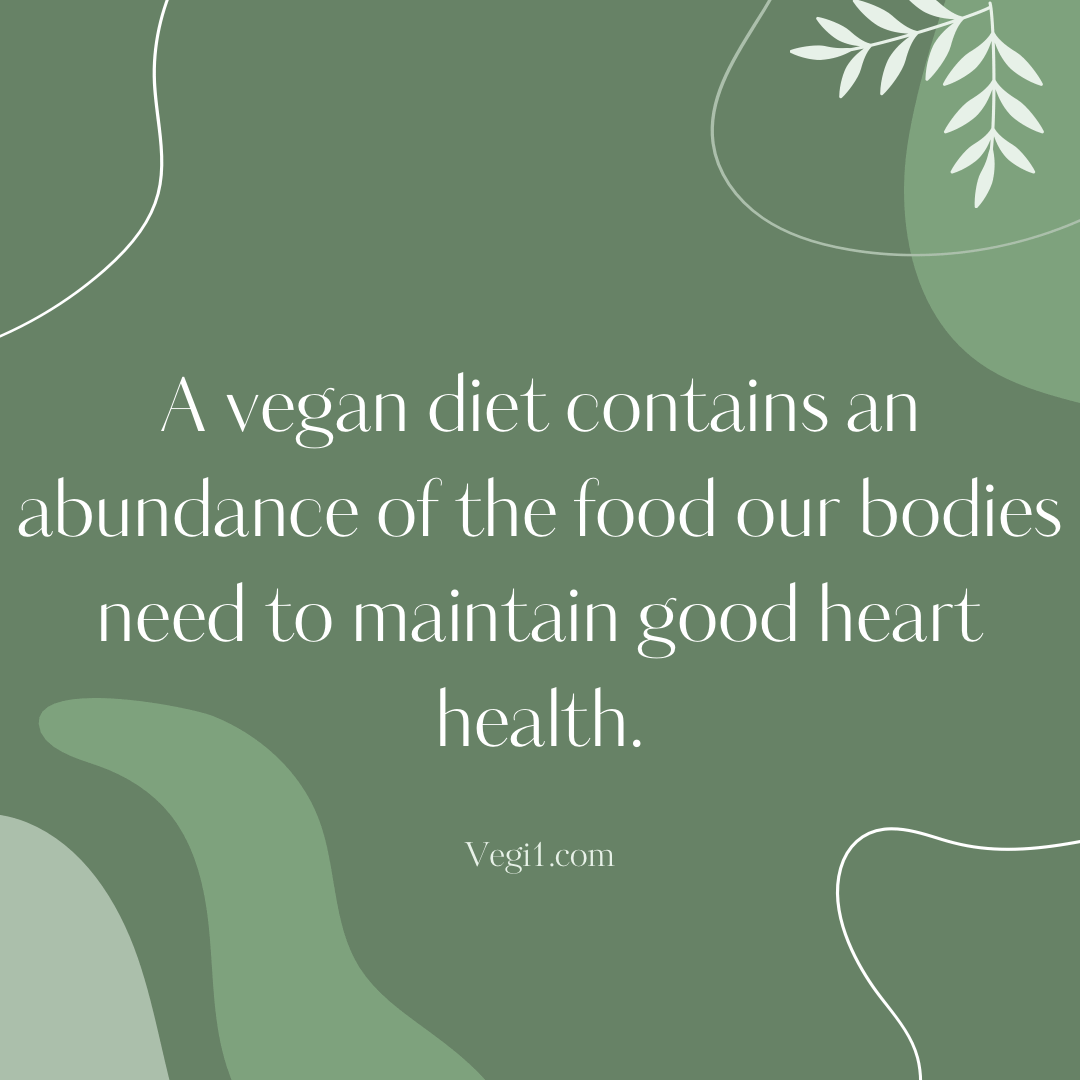
Causes of high blood pressure
Let’s talk about high blood pressure and how our diet can affect it.
You know, high blood pressure can sometimes be a sneaky little thing that creeps up on us without warning. Several factors can contribute to it. For starters, our genetics can play a role. If our family has a history of high blood pressure, we might be more prone to developing it too. Age is another factor. As we get older, our blood vessels can become less flexible, leading to higher blood pressure. Lifestyle choices also come into play. Stress, lack of exercise, and poor eating habits can all contribute to those skyrocketing numbers. And let’s not forget about the salt! Overeating sodium can cause our blood pressure to soar. Foods high in sodium, like those salty snacks we all love, can cause our blood pressure to rise. So, it’s essential to keep an eye on our salt intake and opt for healthier alternatives.
Incorporating more fruits, vegetables, whole grains, and lean proteins into our diet can make a big difference. These nutrient-rich foods provide essential vitamins and minerals and can help lower blood pressure naturally. Plus, reducing our intake of processed and fried foods can also have a positive impact. Remember, small changes in our diet can significantly improve our overall health, so let’s make conscious choices and keep our blood pressure in check!
Effect of Consume Meat on blood pressure
If we were to prepare a list of foods harmful to blood pressure, the main items in this list would be red meat, processed meat, and canned foods.
According to a new study, Avoiding meat eating lowers blood pressure, reducing the risk of premature death by 7%.
- High Blood pressure may have many causes, but one of the main causes is wrong nutrition and a bad diet
- Eating fast foods which contain a lot of salt and fat
- Consumption of sausages and processed foods
- Not consuming enough fruits and vegetables
- Caffeinated drinks
It turns out that a diet high in meat, especially red and processed meats, can significantly impact blood pressure levels. High saturated fat and cholesterol levels in meat can contribute to hypertension. This means there are better ideas than indulging in juicy steaks or crispy bacon if you want to keep your blood pressure in check.
Plenty of delicious and nutritious alternatives can help maintain healthy blood pressure, such as incorporating more plant-based protein sources (like legumes, tofu, and nuts) into your meals.
How can a vegan diet help maintain a healthy heart?
Let’s start with a basic definition.
LDL cholesterol (the bad variety) and triglycerides accumulate through the consumption of too much saturated and trans fat, added sugars, and refined grains.
This contributes to a build-up of plaque in the arteries.
Over time, plaques cause the arteries to narrow and harden. If the arteries become completely blocked, it can lead to a heart attack or a stroke.
With its emphasis on plant foods, a vegan diet contains abundant food required to maintain good heart health. This diet includes fruit, nuts, seeds, vegetables, fiber, polyunsaturated fats, and legumes.
One large-scale research found that a diet low in these foods accounted for the most deaths and disability-adjusted life years globally.
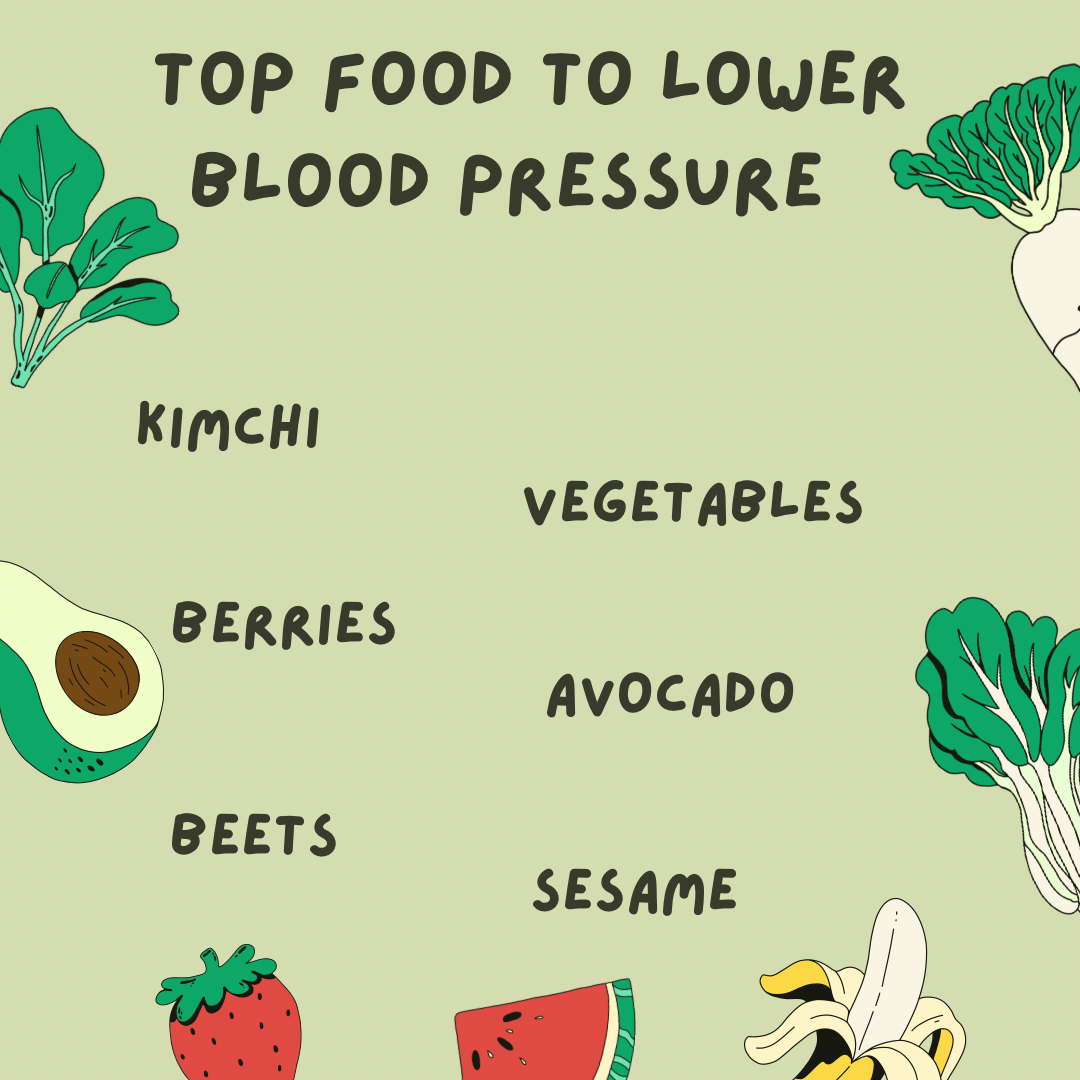
3 Top Heart Healthy Foods
-
Nuts
Nuts is effective in lowering LDL cholesterol. Walnuts, almonds and pistachios, were found to be effective
-
Leafy Green Veg
Vitamin K provides a protective factor against artery blockage by removing excess calcium deposits
One study found a 15% reduction in cardiovascular disease, associated with the consumption of green leafy vegetables Think kale, spinach and collard greens.
-
Oats
Oats contain beta glucan, which is a type of viscous soluble fibre. Beta glucan reduces the amount of LDL cholesterol and, therefore, may help prevent cardiovascular disease
Regular exercise helps make the heart stronger and more efficient at pumping blood, which lowers the pressure in the arteries.
Top plant-base food to lower blood pressure
Aim for foods rich in potassium, magnesium and calcium to lower your blood
- pressure, such as:
- Kimchi.
- Berries.
- Beets.
- Whole grains (quinoa, whole wheat, oats, bulgur and more)
- Avocados and avocado oil.
- Olive oil.
Why Calcium ?
Calcium is very important for healthy blood pressure because it helps blood vessels tighten and relax when they need to.
As this mineral is essential for numerous metabolic functions in the body, we must consume enough through our diet.
When you hear the name calcium, you probably think of dairy products. Still, it is interesting to know that sesame is one of the richest sources of calcium.
So make sure to include sea vegetables, dark leafy greens, chia and sesame seeds, almonds, and beans daily into meals.
Vegan Sources of Calcium
Why Magnesium?
We need magnesium to help blood vessels relax, for energy production and bone development, and for transporting calcium and potassium.
Plus, magnesium can inhibit the sympathetic nervous system, which naturally increases blood pressure.
As a preventative and health-supportive measure, make sure to eat plenty of whole grains, legumes, nuts, seeds, and dark leafy greens every day.
Start your day with a wholegrain porridge topped with seeds and nut butter, or have a grain as a base for lunch and dinner.
Experiment with beans and pulses, adding a portion to your meals daily.
Foods High in Magnesium for Vegetarians and Vegans
Why Potassium?
Normal potassium levels are necessary for body function, especially muscle function, but also to relax blood vessel walls, lowering blood pressure and protecting against muscle cramping.
Potassium-rich foods are squash, spinach, sweet potatoes, white beans, and coconut water.
Fiber, The winning card of the vegan diet compared to meat eating
As always, let me start with the basics.
Fiber is a particular type of carbohydrate found in large amounts in plant foods such as vegetables and grains, and the body cannot easily digest all of them.
Although fiber is not easily digested in the body, it plays an effective role in people’s health.
Fiber has a preventive role in blood pressure.
But the reason it is effective in reducing blood pressure is related to nutrients such as potassium, calcium, and magnesium found in fiber-rich foods.
The next question is what foods contain fiber, and the best food sources for fiber are fruits, vegetables, legumes, and whole grains, the same things that make up a vegan diet.
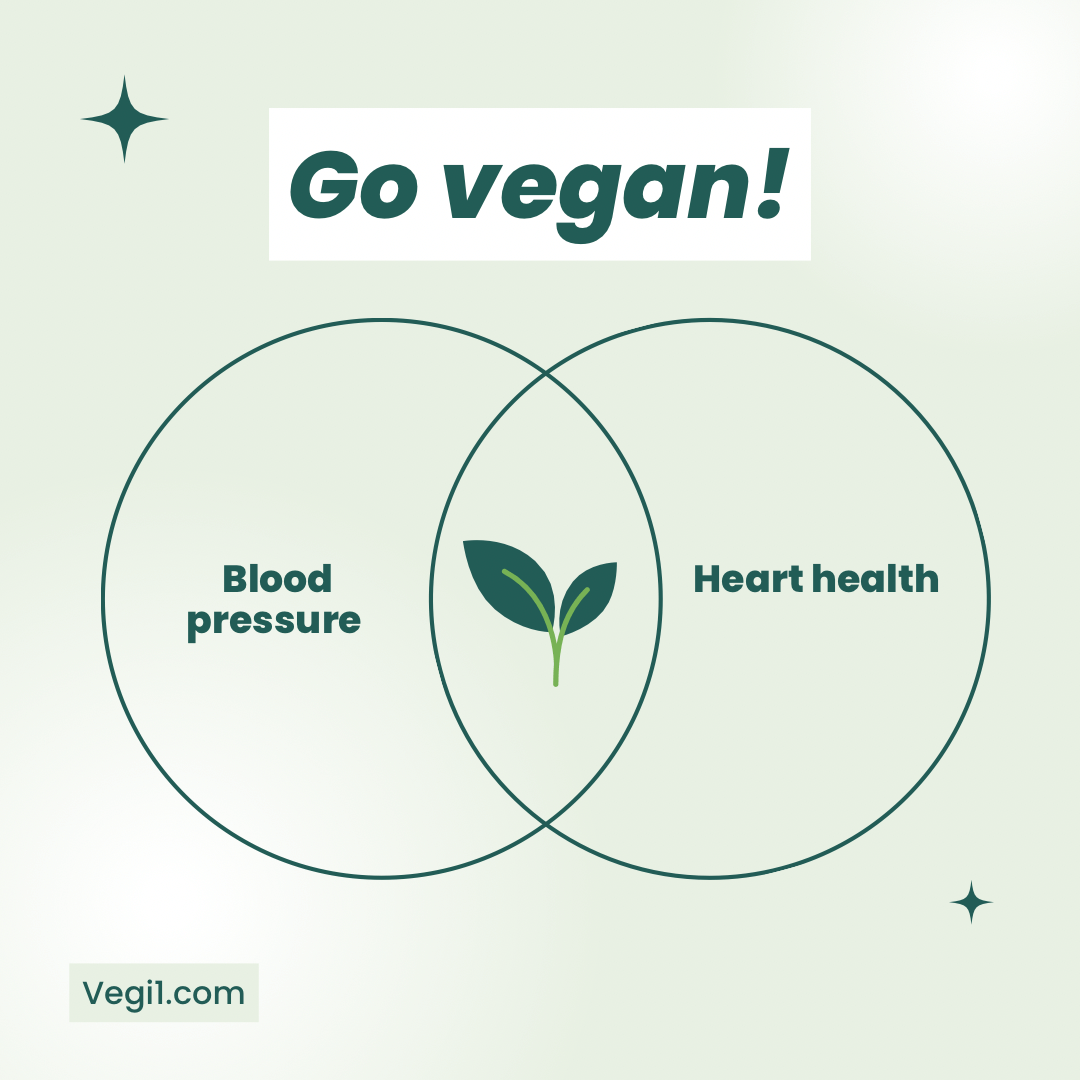
Are Humans Naturally Vegan?
One thing that interested me in a vegan diet was its numerous benefits. This may be your question, how can I become a vegan? Before that, let me ask another question, is veganism compatible with human nature?
These questions are often raised by scientists whether humans are inherently vegan or meat-eaters; that is, apart from human moral issues, is human nature also vegan or not?
To answer this question, let’s examine when you see a dead sheep on the side of the road, are you tempted to eat it? We are talking about instincts. Do you enjoy the idea of killing a cow with a knife and then eating the meat? Can you even stand the smell of raw chicken? It definitely does not mean sausages and spicy sausages.
Except for the fact that the necessity of a human job causes it, your answer will definitely be negative.
The next topic is the analysis of human physical characteristics; let’s start with the teeth and jaws.
The jaws of carnivores only move up and down because they need to tear pieces of meat from their prey and swallow them.
Humans and other herbivores can move their jaws up and down and from side to side. This ability allows them to grind fruits and vegetables with their molars. Like the teeth of other herbivores, the molars of the natural human diet are designed for grinding plant foods.
Are human beings herbivore? – 15 reasons that prove that human herbivore
What About Dairy?
You may not know that humans have been domesticating animals for only 10,000 years.
Before that, children who were weaned from their mother’s milk stopped producing lactase enzymes in their bodies and became sensitive to lactose.
However, after the domestication of animals, the human digestive system began to process dairy “products.”
Groups and tribes that do not believe in eating cows and their dairy products, such as the Pima tribe, the Chinese, the Thais, the Bantu from West Africa, and the Hindus, still cannot consume lactose today.
Does Vegetarian Mean Dairy Free?
How to Transition into a Vegan Person?
Eating can be one of the most enjoyable habits in our lives. Sometimes eating is a time to meet friends and family, and sometimes to escape from the situation and reach peace, however short.
It’s hard to think that we won’t have many choices at the dinner table, but how do we start and get to the point where our temptations and instincts are no longer tickled?
The answer could be this. Motivation and strong will! Motivation such as escaping from an unhealthy diet, saying no to human’s unkindness to the environment, or a reason to get rid of a disease or even have a more beautiful body. Whatever reason you’ve chosen to eliminate animal products from your diet, you know it may not be an easy road ahead!
Try all vegan dishes offered in restaurants and cafes, and be sure that the variety of these dishes is so great that you will not miss the taste and texture of meat at all.
There are many recipes online. In fact, all these websites and recipes can be helpful…
It’s easy to jot down a few recipes that you find interesting and try a few of them. You have the rest of your life to try other recipes!
The next suggestion I want to give you is to start with smaller goals, not eat meat at all one day a week, at first eliminate red meat and…
Try to fill yourself with fruits and vegetables, grains, beans, nuts, soy protein, low-fat dairy products, and other nutrients.
Embrace the transformative power of veganism for a healthier heart and lower blood pressure. Discover the wonders of plant-based eating and start your journey to vitality now!
Conclusion
Meanwhile, choosing a vegan diet is a great way to improve health and blood pressure (even if you don’t intend to become a vegan or vegetarian); the first step to controlling blood pressure is to eliminate red meat or at least replace it with white meat.
I’ve found out that plant-based foods are lower in fat, sodium, and cholesterol, which positively affects your blood pressure. Fruits and vegetables are also a good source of potassium, which helps lower blood pressure.
Plant foods contain more fiber and saturated fats, and this would help a lot when it comes to blood pressure control.
The effect of the diet is always slower than other methods, but we will probably see signs of it over time; the occasional headaches will decrease, your restlessness and anxiety will decrease, and there will be no more shortness of breath and fatigue.
I would be happy to share your experience and opinion about the effect of veganism on body health, especially on blood pressure and heart health.


